Whether you are an experienced user or a noob in the cannabis world, one matter that always remains in concern and asked: “Is CBD legal in my state?” The discussion around the legality of Cannabidiol is not new; therefore, in this blog, we will clear all your doubts and tell you everything about the legality of CBD in your state.
What Is The Legal Status of CBD?
The legality of Cannabis, Marijuana, and/or their derivatives, CBD and THC, varies from country to country. Cannabis laws around the world vary in the areas of possession, distribution, cultivation, how it can be consumed, and what medical conditions it can be used to treat.
But there is more to know. While cannabis might be illegal in some parts of the world, its derivative CBD is often legal for use for health and wellness purposes.
Because hemp is sometimes confused with marijuana, there is still some stigma towards hemp-derived CBD. However, from a legal perspective, hemp-derived CBD is legal, and possession should pose no legal issues in most of the United States. Many countries, but it is important to understand how the law around Cannabidiol use and possession works in whatever country you find yourself in.
Hemp-derived CBD is the only type of cannabis that is legal in most countries. CBD is also found in the marijuana plant. Marijuana-derived CBD is not legal in most countries because the growth and cultivation of marijuana are not legal.
It is worth noting that while medical cannabis and its derivative CBD are legal in all 50 states of the US that make up the Union, the substance remains a class A drug federally, and possession of the substance is in clear violation of federal laws. A bit tricky, you might say, but that’s the reality of most cannabis control regulations in the United States.
What Are The CBD Laws in the United States?
The US is unique because all 50 states have different laws for CBD products. Some products are explicitly illegal federally, like CBD gummies and any product where CBD is added to food or drink. However, just a small handful of states do have laws that seemingly permit Cannabidiol to be added to food and beverages. Labeling requirements for CBD products vary by state; not all products can be legally retailed in all 50 states.
Any product with more than 0.3% delta-9-THC is federally illegal in the US, but each state has different requirements for what they consider to be the amount of THC in a product. Some states require less than 0.3% delta-9-THC, while others require THC to be more accurately reported as delta-9-THC + THCA, multiplied by the amount of THCA that can be activated and converted to delta-9-THC when heated. This more accurate THC calculation is not always the calculation used on labeling.
When it comes to CBD in the US, it is very important to read the FDA regulations and understand that a product not produced in your state might not be legal to buy, sell, use, or possess. Louisiana, Indiana, North Carolina, and Kentucky are good examples of this, which prohibit any smokable CBD or hemp product, including flowers, concentrates, and vapes! There are also states like Idaho, where hemp and CBD are both illegal and heavily penalized.
CBD Legal States: Fully Legal
While hemp-based CBD is legal at a federal level, some states consider using or possessing any cannabis product illegal—period. Other states only allow CBD use medically. Let’s understand:
- Alaska
- Arizona
- California
- Colorado
- Connecticut
- Maine
- Maryland
- Massachusetts
- Michigan
- MontanaNevada
- New Jersey
- New York
- Oregon
- Vermont
- Virginia
- WashingtonCBD Legal States: With Conditions
- Alabama
- Arkansas
- DelawareFlorida
- Georgia
- Hawaii
- IdahoIllinois
- Indiana
- Iowa
- Kansas
- Kentucky
- Louisiana
- Minnesota
- Mississippi
- Missouri
- Nebraska
- New Hampshire
- New Mexico
- North CarolinaNorth Dakota
- Ohio
- Oklahoma
- Pennsylvania
- Rhode Island
- South Carolina
- South Dakota
- Tennessee
- Texas
- Utah
- West Virginia
- Wisconsin
- Wyoming
CBD Laws in Europe
In Europe, marijuana and cannabis laws differ from country to country. While the general EU law permits the consumption of CBD products containing no more than 0.2% THC, there are a few exceptions, such as Croatia, Slovenia, etc, that apply an outright ban to all cannabis and cannabis-derived substances, including CBD.
Germany
CBD and medical cannabis are legal substances in Germany and have been so for over 2 years now. Patients requiring CBD are expected to get a marijuana card and a doctor’s prescription for their medications.
While recreational cannabis remains illegal, Germany holds a liberal stance on the private and public consumption of the substance.
Italy
Italy legalized cannabis for medical use in 2007, with many caveats. In 2017, a government directive shifted the perspective by no longer requiring authorization for cultivating hemp with a maximum THC content of 0.2% and a tolerance level of up to 0.6%. CBD Oil was Legal in Italy as long as the product had less than 0.6% THC. High CBD cannabis strains were also available in Italy in smokeable form, commonly called Cannabis Light. However, in June 2019, the Supreme Court outlawed so-called ‘Cannabis Light’ as the Interior Minister put the pressure on to shut down CBD shops. The verdict means that the sale of cannabis light is prosecutable, but no formal change of legislation has happened yet, so we should not expect all stores to shut immediately; that will depend on local enforcement.
Bulgaria
Bulgaria made history by becoming the first EU country to allow free sale of hemp-derived cannabidiol. This makes CBD products legal and easy to purchase in Bulgaria, as long as they contain less than 0.2% THC.
Cyprus
Cyprus follows the EU regulations and allows the cultivation of hemp. Any products manufactured from these plans must not exceed 0.2% of THC, making regular CBD products legal to purchase.
Czech Republic
Hemp-derived CBD is legal to purchase as long as it has less than .3% THC (higher than the EU limit of .2%THC).
Austria
In Austria, the legal situation regarding CBD is a bit more complicated than in Germany; cannabis flowers and extracts containing CBD can be legally sold, but not as a food supplement or medication, and the maximal content of THC allowed is 0.3%.
France
France is the largest producer of hemp in Europe, mostly used for hemp paper. It is unclear whether CBD oil is legal in France. France follows the general EU law for industrial hemp and allows the legal purchase of CBD products with a content of 0.2% THC or less. However, in 2018, french health authorities shut down ‘CBD cafes.’ They sent a directive clarifying regulations surrounding CBD products: ‘Products and especially CBD-based e-liquids are prohibited if they contain THC regardless of the rate and are not obtained from varieties and part of authorized plants.’ France stated that ‘the .2% THC limit principle exists to allow the use of hemp for industrial and commercial purposes’.This directive would seem to indicate that only CBD products with 0% THC are legal for sale/consumption, inconsistent with EU standards.
Greece
According to Greek law, hemp-derived products are not considered drugs, as they do not contain high amounts of THC. Therefore, CBD products can be legally purchased in Greece as long as they contain .2% or less of THC.
Ireland
Pharmacies and stores in Dublin have started selling CBD products containing less than 0.2% THC. This is because of the recent amendments to Irish law, which have recognized CBD (hemp-derived CBD) as a non-cannabis product, making it legal. These oils and products must be developed according to HPRA and EU standards to be accepted in the market.
Finland
While CBD products in Finland are legal, they are regarded as medicine and, therefore, require a prescription. Importing CBD products from abroad is also not easy and heavily regulated.
Denmark
While cannabis-derived CBD is legal, there are controlled measures with prescriptions. Marijuana remains an illegal substance in Denmark and, when reprimanded, would cost you a small fine or, on a heavier note, a prison sentence of up to 2 years, depending on the quantity in your possession at the point of arrest.
Danish laws unequivocally prohibit the cultivation, processing, sale, and or distribution of marijuana. However, only recently (January 2018) was the whole plant made legal for medical and wellness purposes for a 4-year pilot.
To become eligible to purchase and use a controlled quantity of the substance in Denmark, you would require a written prescription from your licensed healthcare provider.
Sweden
Sweden has some of Europe’s most restrictive drug laws. There are currently no specific laws about CBD in Sweden yet, so CBD is in a gray zone here. CBD is not classified as a medicine, but the medical agency is currently working on classifying it as medicine. Classifying CBD as a medicine needs to be tried in court first, and the process will take a long time. According to EU laws, CBD products cannot contain more than 0,2% THC, and this applies to Sweden as well. However, a recent court ruling (June 2019) provided clarification that hemp is excluded from the definition of cannabis and therefore is not considered a drug. A CBD preparation containing THC does not meet this exception and is therefore considered a drug.
Norway
CBD oil is widely accepted in Norway. The Norwegian Parliament decriminalized personal drug use in December 2017. As long as there’s 0% trace of THC, CBD is legal. Norway is not a part of the European Union, which has a .2% THC limit. It is legal to use and possess CBD only if a doctor prescribes it.
The Netherlands
CBD oil is legal in the Netherlands as long as it is produced outside of The Netherlands and contains less than the legal concentration of 0.2% THC in its formulation.
The United Kingdom
Cannabis remains illegal in the United Kingdom, although the government has made some concessions on the dispensary of medical cannabis. While the UK remains strongly averse to the idea of legalized cannabis, growing public concerns and agitation are likely to shift the pendulum shortly.
What Is The Legal Status Of CBD Around The World?
Canada
In Canada, as in the US, hemp flower with THC of less than .3% is legal as long as it complies with the regulations outlined in the Cannabis Act.
South Africa
CBD is legal in South Africa, unlike in many other African countries. The South African Health Products Regulatory Authority has classified CBD as a Schedule 4 substance. This means that it can be legally sold as long as it contains a maximum daily dose of 20mg CBD and has an explicit health claim.
Japan
In Japan, cannabis possession alone can land you a five-year prison term with 7-10 years for cultivation, sale, and transport. Surprisingly, CBD oil is LEGAL in Japan [1]. However, it has to contain absolutely 0% THC.
China
While the consumption of CBD has not yet been authorized in China, this hasn’t stopped some states in the Country from cashing in on the cannabis boom and cultivating cannabis to produce CBD oil. To produce hemp in China requires, among other things, approval from the police to ensure that the plant is bred with less than .3% THC. This is difficult to enforce in theory, as you won’t know the % of THC until the hemp is harvested. China is another country with some of the strictest drug enforcement policies in the world. Cultivating and using marijuana in China are strictly forbidden, and it’s uncertain whether or not CBD will be legal for use in food or medicines any time soon. Currently, China permits the sale of hemp seeds and hemp oil and the use of CBD in cosmetics.
South Korea
South Korea was the first East Asian country to legalize Medical Cannabis in November 2018. CBD oil is legal but strictly for medical purposes from a short list of approved drugs.
Thailand
In August 2019, the Ministry of Public Health took CBD off of the Narcotics list as long as it is 99% pure and contains no more than .01% THC by weight. This oil can be derived from cannabis or hemp as long as there is less than .01% THC. Thailand currently bans imports of 99%-pure CBD oil made from cannabis for five years from the date the regulation came into effect on September 2nd, 2019. Any imports during that time will be considered a narcotic. While CBD oil made from cannabis is illegal to import, there is no ban on imports of CBD oil made from hemp.
Singapore
The Republic has an absolute zero-tolerance position on drugs. Despite the harsh drug policies, there may be a health case for CBD in Singapore. In February, the Health Ministry and the Ministry of Home Affairs commented that it was vital to distinguish between compounds containing unprocessed illicit substances and medically useful supplements with cannabinoids. In other words, any material with scientific evidence backing its efficacy and safety for the body might not be considered illicit. Currently, the country is exploring medical treatments and the utility of CBD.
CBD in Latin America
Several Latin American countries have relaxed their laws surrounding cannabinoids, including non-psychoactive cannabidiol (“CBD”).
Mexico
Mexico, in days, would join the league of countries that have fully legalized the cultivation, processing, sale, possession, and use of Cannabis and cannabis derivatives. This has come from an October 31st, 2018, Supreme Court ruling.
However, the laws since 2015 have been a little relaxed with medical CBD for the treatment of degenerative ailments such as cancer and Parkinson’s disease.
Brazil
Brazil has been a long-time opponent of cannabis legalization, but in April 2014, the country and its regulatory authority, ANVISA, legalized CBD for therapeutic uses. Currently, the government has approved the import of hemp-based CBD oils for epilepsy, Parkinson’s disease, and chronic pain, including migraine headaches.
Summing Up On Is CBD Legal
So, CBD is legal in most countries and states. However, many laws restrict the THC concentration in cannabidiol products. In general, it must not be above 0.3%, but in some places, it is 0.6% and 0.7%. Therefore, it’s crucial to understand the state-based laws and regulations regarding CBD legalization. Constantly be updated about the latest happening in the cannabis world, specifically regarding your state. Now you know everything about the legality of Cannabidiol all over the world. So buy legally and enjoy safely.
Frequently Asked Question
Is CBD oil legal in the US?
Yes, CBD oil is legal in the US with a 0.3% THC limit. For the best experience, check out Plain Jane’s top-class CBD oil.
Can I Travel With CBD?
When traveling, it’s crucial to read the CBD laws of your destination country, as the Transportation Security Administration (TSA) permits CBD products with less than 0.3% THC on airplanes.
Where can I buy the best CBD flowers near me?
PJ’s CBD hemp flowers are the best online option. But if you want to buy CBD flowers offline, you can use the Plainjane store locator.
Reference:
https://cms.law/en/int/expert-guides/cms-expert-guide-to-a-legal-roadmap-to-cannabis/south-africa
https://www.linkedin.com/pulse/countries-where-cbd-legal-budandtender
https://time.com/6306213/japan-cannabis-laws-loopholes-legal-high/
https://neurogan.com/blogs/legal/is-cbd-legal-in-all-states
https://kr.usembassy.gov/services-doctors/
https://www.healthline.com/health/healthy-travel/your-faqs-answered-cbd-and-travel
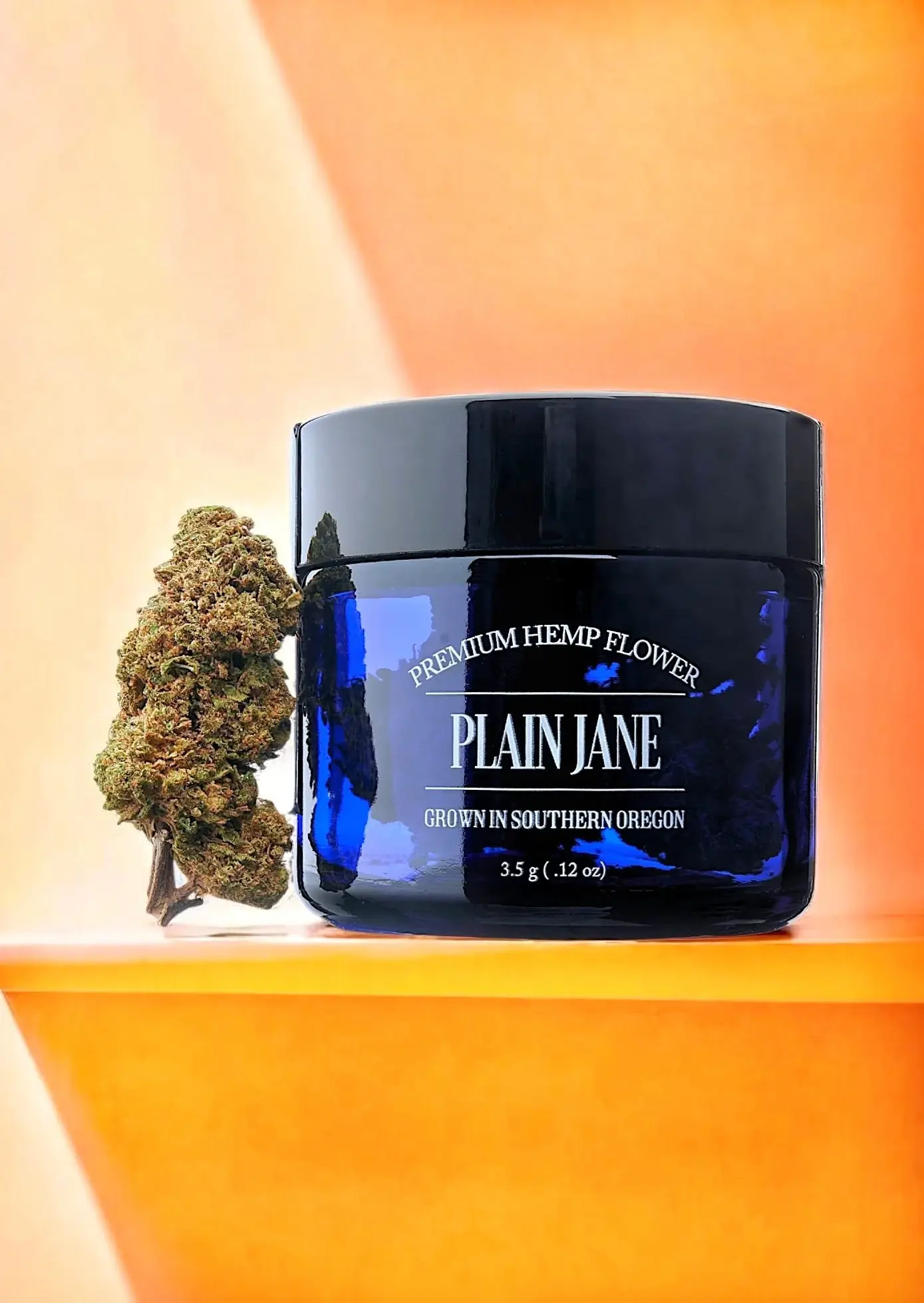
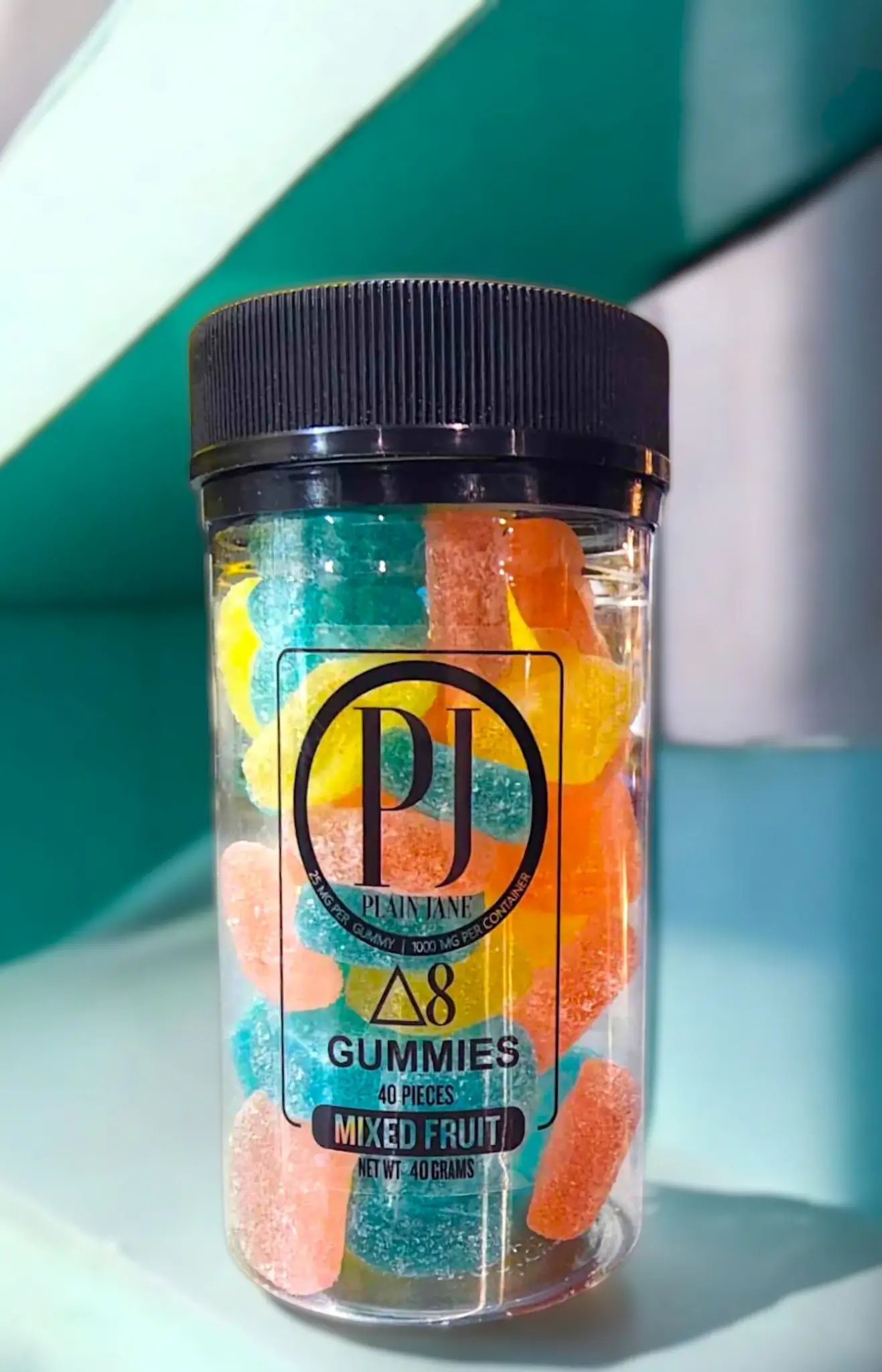
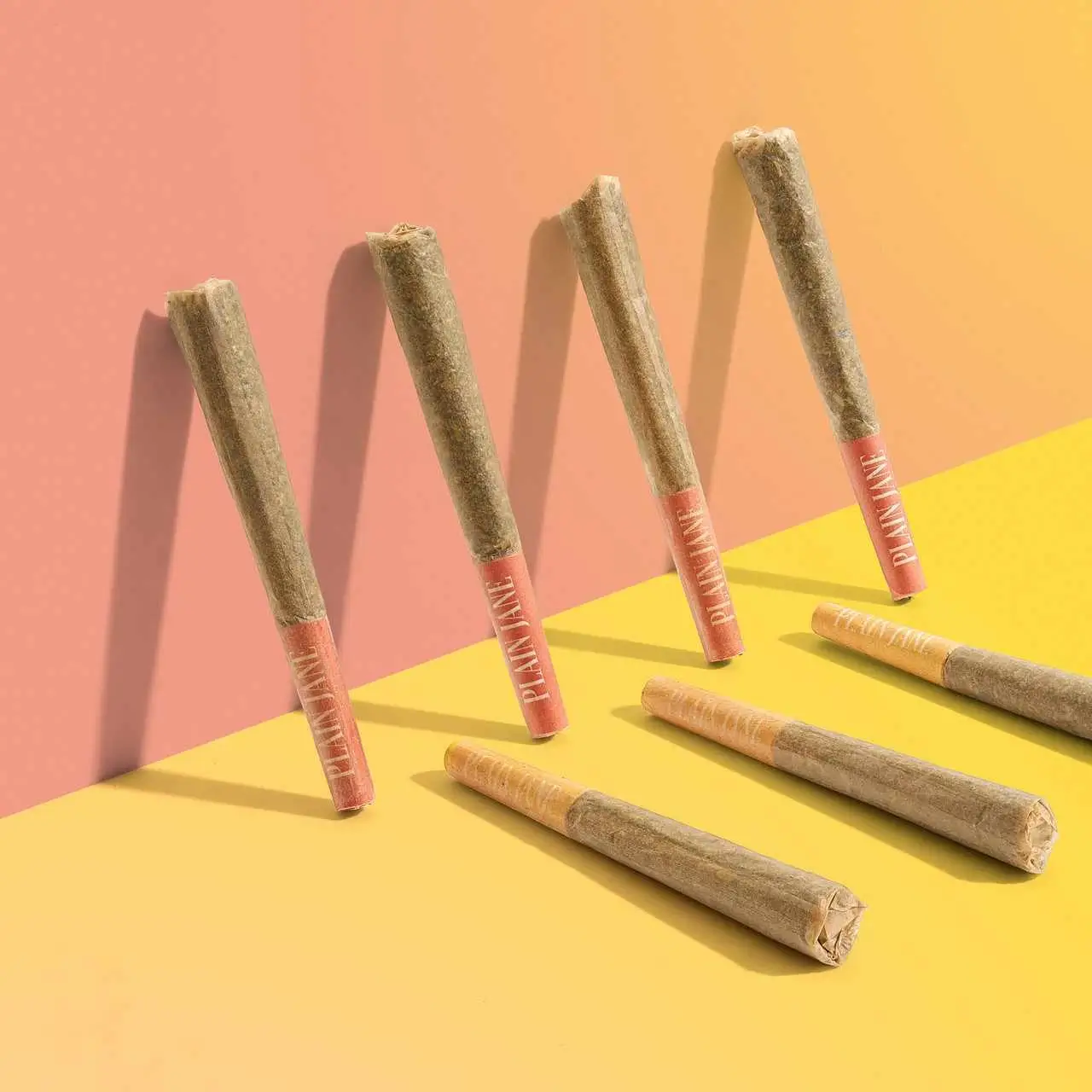
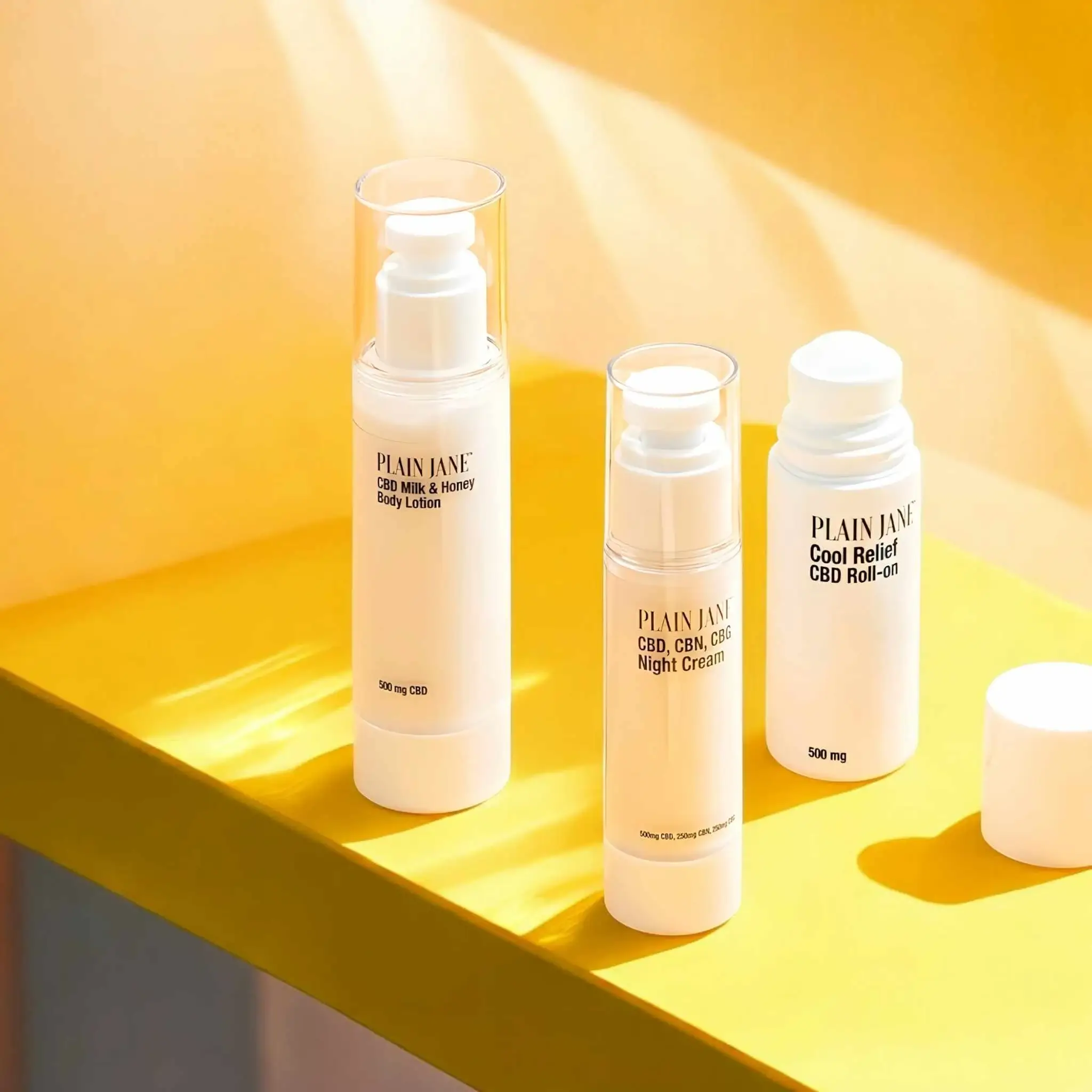
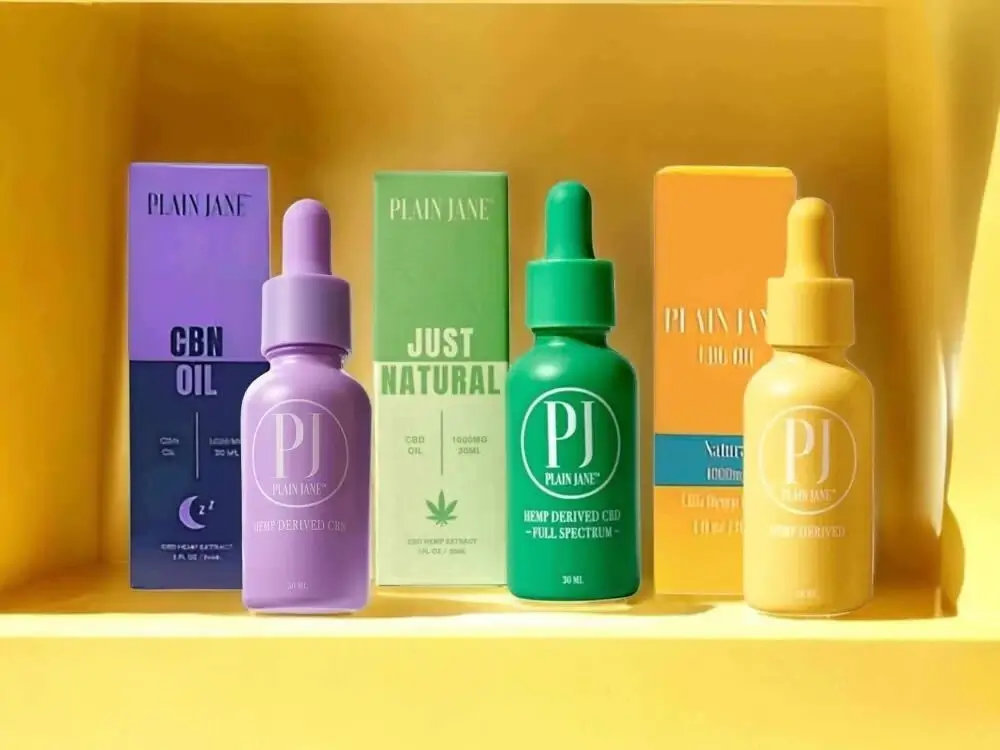
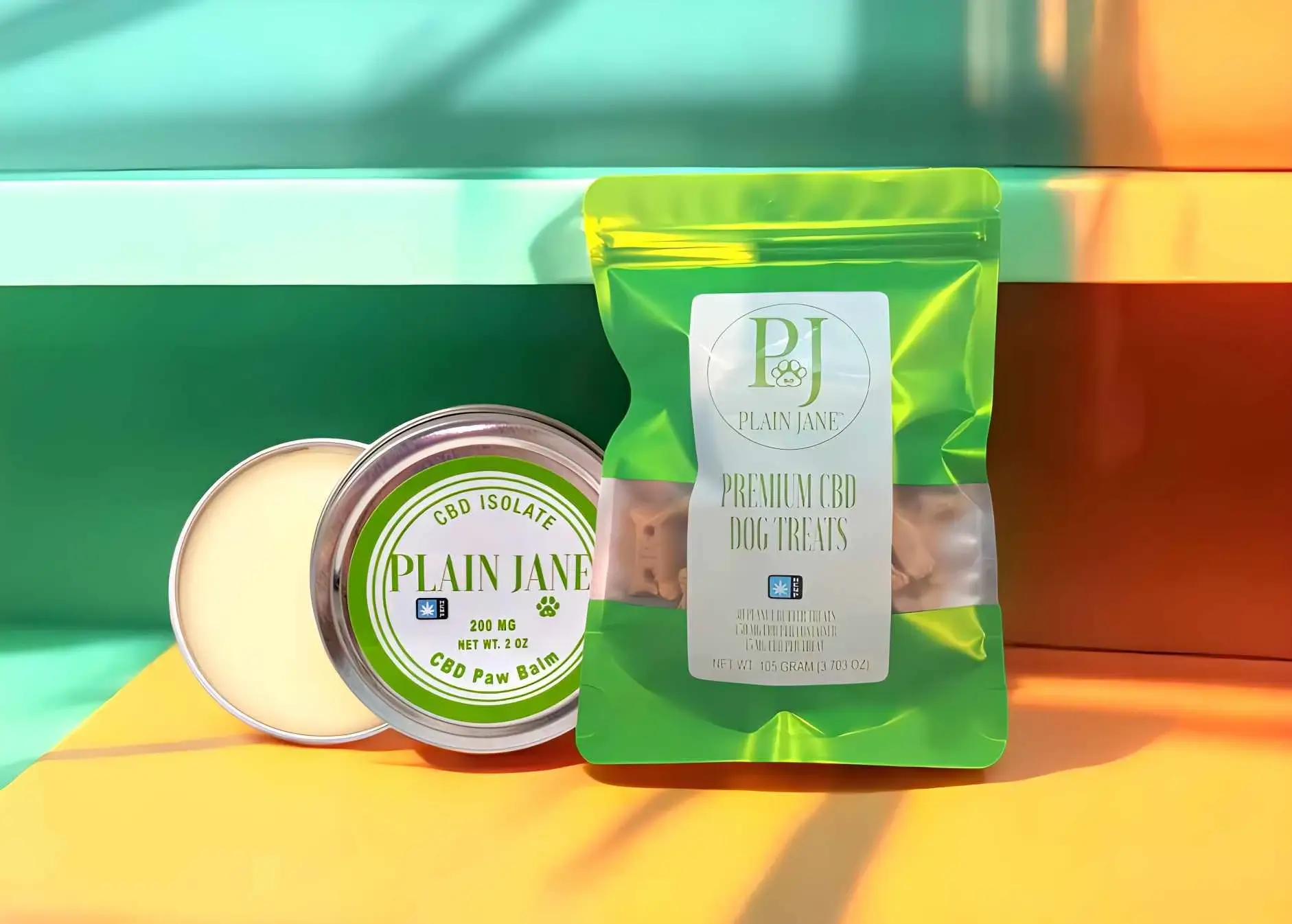
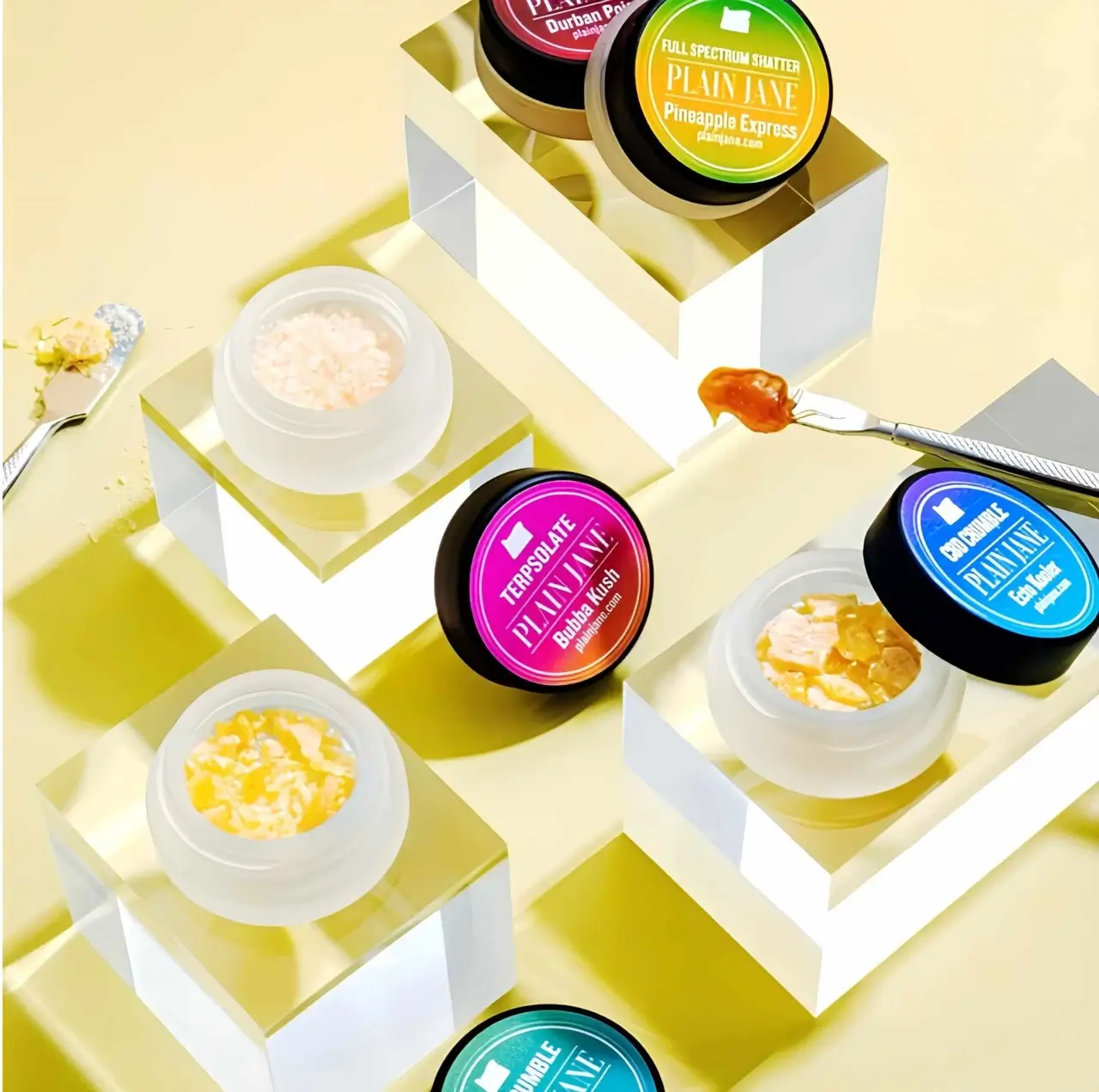

0 comments